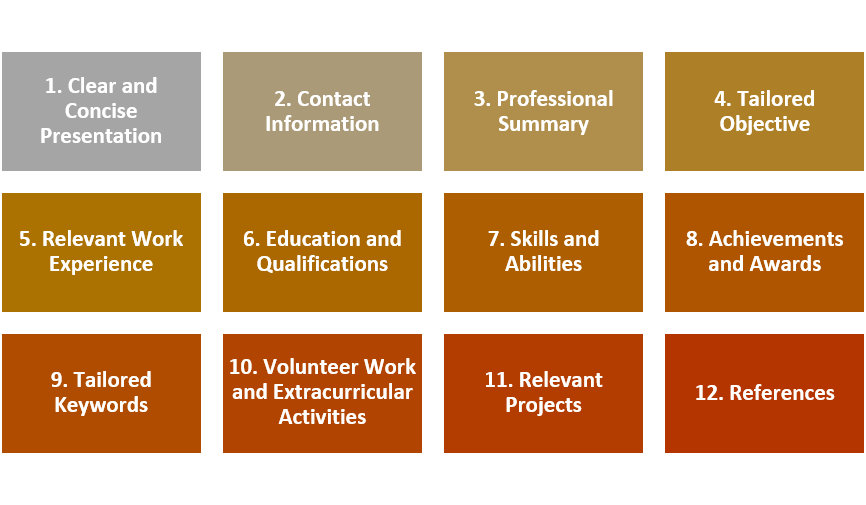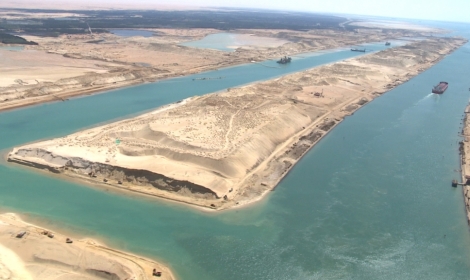Elements of a Standout Resume
Crafting the Perfect cv for the Maritime Industry
In today’s competitive job market, your curriculum vitae (CV) is your first impression on potential employers. A well-crafted CV can make the difference between landing an interview and being overlooked. But what exactly makes a good CV?
Let’s dive into the essential elements that contribute to a standout resume.

1. Clear and Concise Presentation:
Your CV should be easy to read and well-organized. Use clear headings, bullet points, and a professional font to create a visually appealing layout. Keep the content concise, focusing on relevant information. A clutter-free CV ensures that recruiters can quickly grasp your qualifications.
2. Contact Information:
Include your full name, phone number, email address, and LinkedIn profile (if applicable). Make sure this information is accurate and up-to-date so recruiters can easily get in touch with you.
3. Professional Summary:
Begin your CV with a brief professional summary that highlights your skills, experience, and career goals. This section should provide a snapshot of your profile and entice recruiters to read further.
4. Tailored Objective:
Customize your CV for each job application. Write an objective that aligns with the specific role you’re applying for, showcasing how your skills and experience match the employer’s needs.
5. Relevant Work Experience:
List your work experience in reverse chronological order. For each role, include the job title, company name, dates of employment, and a concise description of your responsibilities and achievements. Focus on quantifiable accomplishments that demonstrate your impact.
CV writting services
If you want help with your CV, then you may want to hire one of our experts to write it for you.
Our CV writing service includes a dedicated CV writer, full consultation, bespoke CV written from scratch, and unlimited revisions until you are 100% happy.
To get started, simply send us your cv at education@seaworks.uk.com
6. Education and Qualifications:
Detail your educational background, including degrees earned, institutions attended, and graduation dates. Include any relevant certifications, licenses, or professional development courses.
7. Skills and Abilities:
Highlight both hard and soft skills that are relevant to the job. Hard skills are specific technical competencies, while soft skills encompass qualities like communication, teamwork, and problem-solving.
8. Achievements and Awards:
If you’ve received awards, recognition, or commendations during your career or education, showcase them in a dedicated section. These achievements add credibility to your profile.
9. Tailored Keywords:
Incorporate industry-specific keywords in your CV. Many employers use applicant tracking systems (ATS) to scan resumes for these keywords. Tailoring your content to match the job description can increase your chances of getting noticed by these systems.
10. Volunteer Work and Extracurricular Activities:
Highlight any volunteer work, internships, or extracurricular activities that demonstrate your skills or commitment to personal and professional growth.
11. Relevant Projects:
If you’ve worked on projects relevant to the job you’re applying for, consider creating a separate section to showcase your contributions and outcomes.
12. References:
It’s not necessary to include references on your CV. Instead, you can mention that references are available upon request. If an employer is interested, they will ask for them later in the hiring process.
Final Thoughts:
Crafting a good CV requires careful thought and attention to detail. It’s not just a record of your work history; it’s a marketing tool that presents you in the best possible light. A well-structured, tailored, and well-written CV can open doors to exciting opportunities and set you on the path to career success. Remember, your CV is a dynamic document that should evolve as your career progresses, so keep it updated and relevant.













